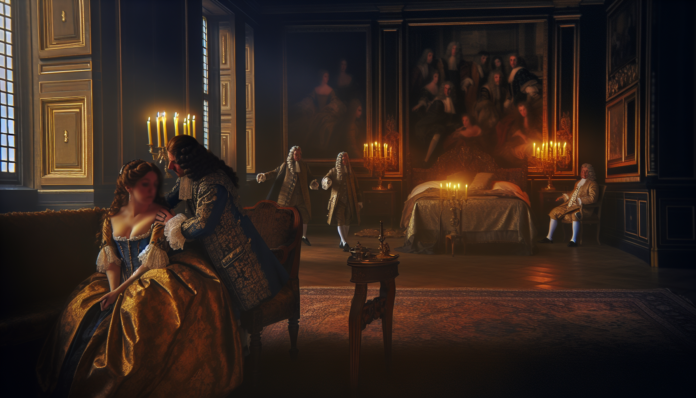Introduction
In the heart of Spain’s rich tapestry of history, few figures are as notorious as King Juan Carlos I. Ascending the throne in 1975, his reign began amidst hopes for democracy and modernization following decades of dictatorship. However, his public persona was marred by a scandalous secret life that would later shake the monarchy to its very core. This exploration delves into the infamous king’s love life, exposing a web of affairs that raised eyebrows and revealed the tension between royal privilege and societal expectations in late 20th century Spain.
The Scandal
Juan Carlos I’s scandals first surfaced in the late 2000s, intertwined with allegations of extramarital affairs. The most publicized was his reported relationship with Corinna Larsen, a Danish-German divorcée, which came to light in 2012. This secret romance unraveled further when audio recordings, leaked to the media, unveiled intimate conversations that suggested a deep-seated connection.
- Key Events:
- In 2012, after a particularly lavish safari trip to Botswana, where Juan Carlos was later chided for a public hunting incident, allegations of his affair with Larsen made headlines.
- In 2016, a Spanish newspaper published tapes with Larsen discussing her relationship with the king, revealing not just romantic entanglements but also hints of financial manipulation and royal secrets.
Quotes from the time articulated the national sentiment. As journalist Ana Rosa Quintana stated, “Spain had long respected the privacy of the Crown, but these revelations have breached that trust and fueled outrage.”
Moral and Cultural Analysis
The public reaction to Juan Carlos’s affairs was a complex tapestry of shock, fascination, and criticism, rooted in a society that had just begun to embrace modern values. Spain, transitioning from a rigid Francoist regime, was grappling with the cultural shift towards liberalism and individual freedoms.
-
Societal Reaction:
- Many Spaniards felt a sense of betrayal. The newly acquired democratic ethos clashed sharply with the king’s actions, portraying a monarchy that was not only disconnected but also seemingly indulging in the privileges of power.
- The monarchy’s longstanding tradition of upholding family values stood in stark contrast to Juan Carlos’s escapades. This inconsistency drew ire, leading to calls for a more accountable royal family.
- Consequences:
- Following these revelations, Juan Carlos faced increasing public scrutiny and calls for abdication, which came to fruition in 2014 when he handed the crown to his son, Felipe VI.
- The king’s reputation suffered irreparable damage, as many questioned the monarchy’s relevance in modern Spain.
Comparative Analysis:
In today’s world, such a scandal would likely lead to a harsher backlash, fueled by rapid social media dissemination and a younger generation’s demand for transparency and accountability. Public outrage, while potent in the past, would reach unprecedented levels now with hashtags and viral trends.
The perception of infidelity, especially within a figure of authority, would spark debates around feminism, power dynamics, and the morality of public figures, indicating a significant evolution in societal norms over a few decades.
The royal family today would face greater pressures to maintain a polished image, as the age of privacy for public figures is fundamentally over.

